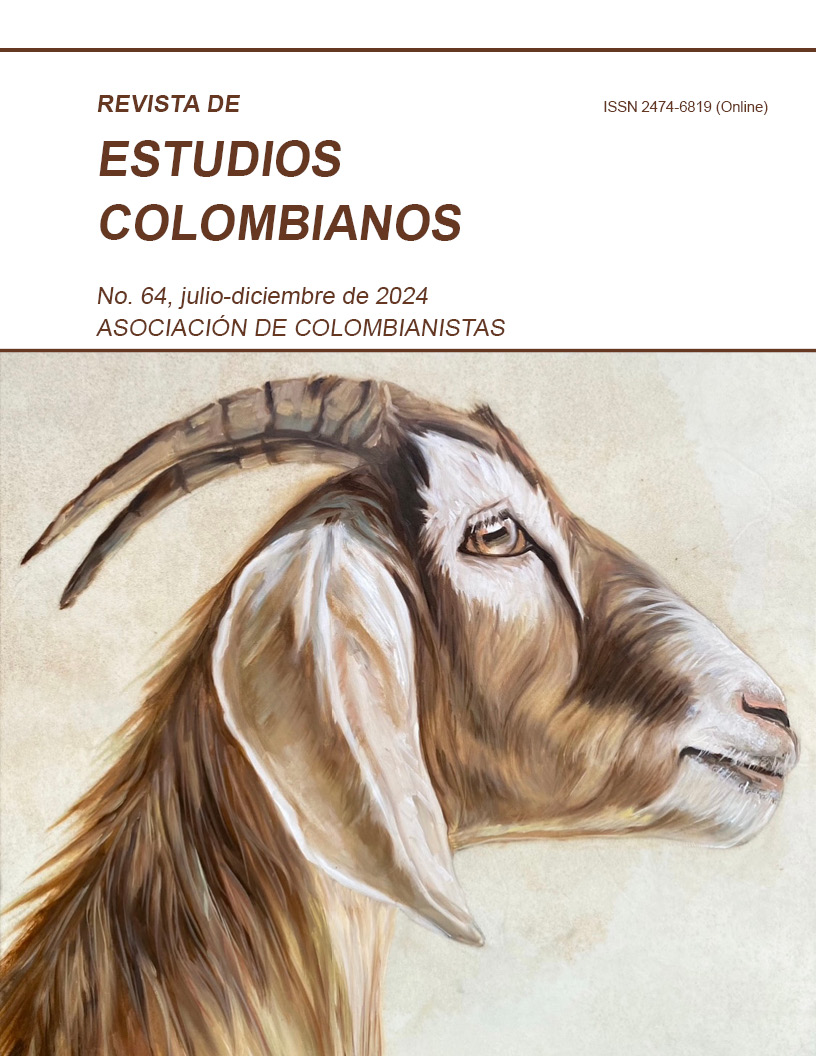Historia de una bala de plata (1980): false decolonization in the Caribbean and psycho-social racism
Main Article Content
Abstract
Enrique Buenaventura spent much of his research/creative work on the human experience in the Caribbean. Focusing especially on the processes of conquest, independence struggles, and dictatorships, he constructed what he called the "Caribbean Trilogy": Historia de una bala de plata, Ópera bufa and La isla de todos los santos. From Frantz Fanon's paradigm of "false decolonization," a critical reading of the dramatic text of Historia de una bala de plata (1980) is offered, suggesting that enslavement produced a mental conditioning that can affect the trust that Black people can have among themselves.
Article Details
Issue
Section
Articles
